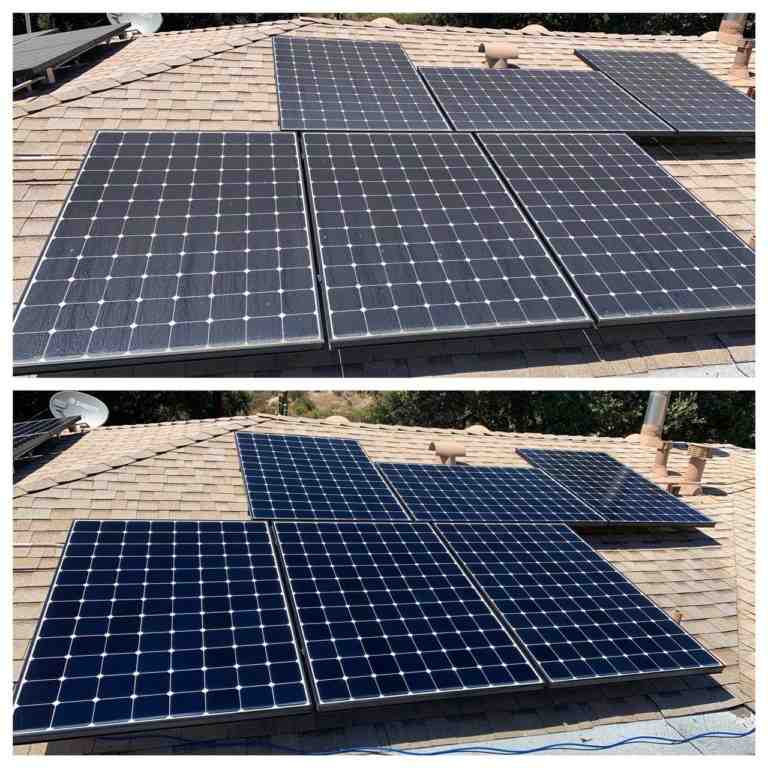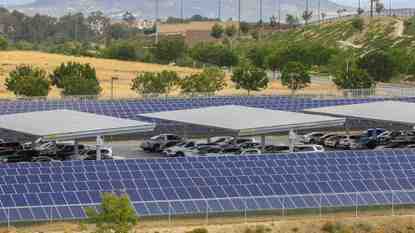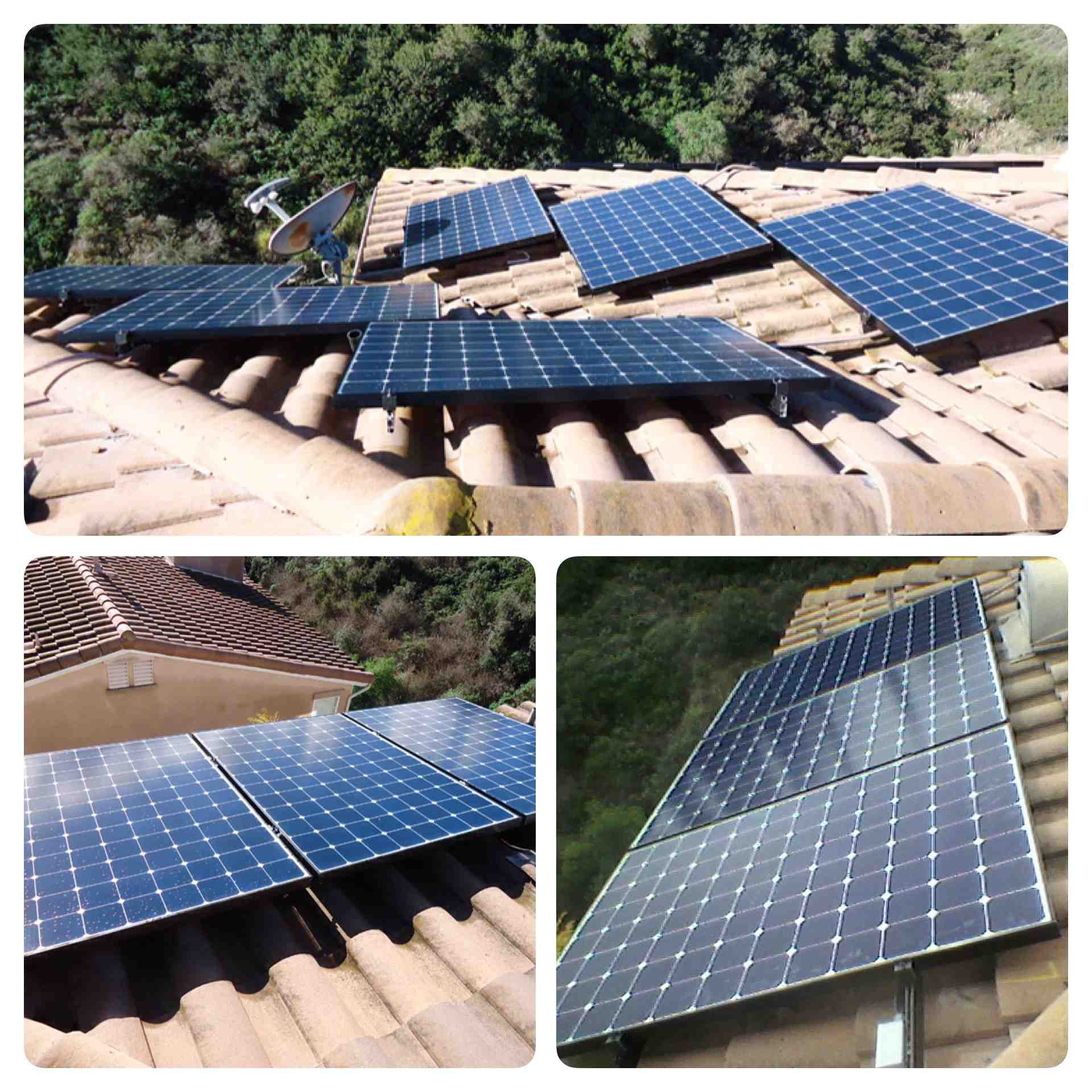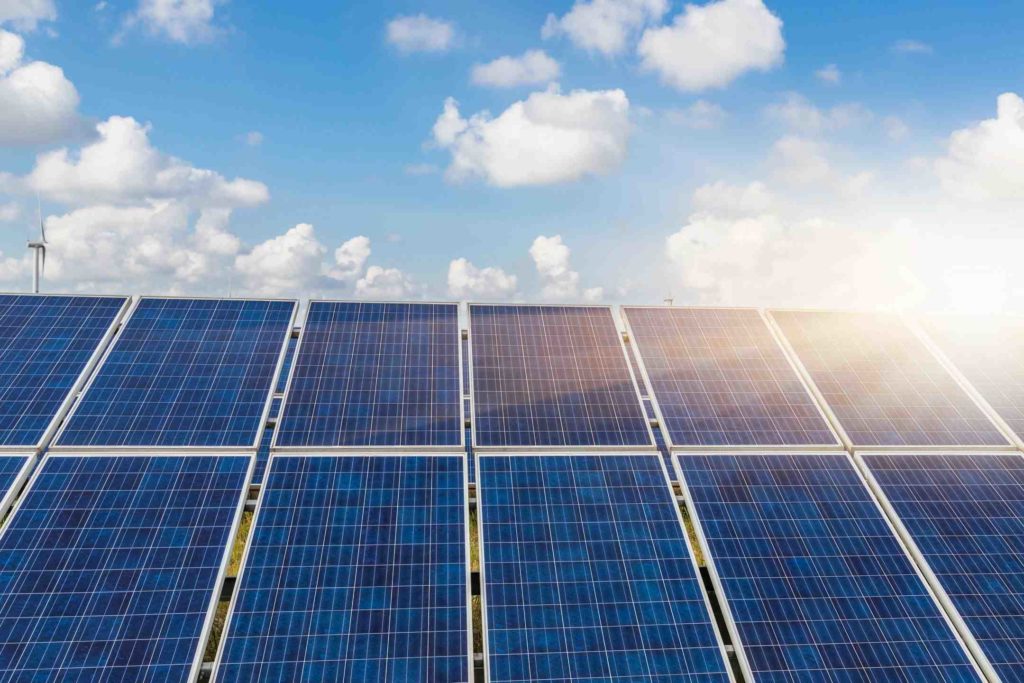Contents
Are commercial solar panels worth it?

Commercial solar photovoltaic installations provide a solid return on investment. … The reason is a combination of cheaper solar photovoltaic technology, a 25-year fixed cost for solar energy generation, minimal post-installation solar photovoltaic system maintenance, and continuous increases in the cost of electricity supplied by the National Grid.
How long does it take solar panels to pay for themselves?
Most homeowners in the United States can expect their solar panels to pay for themselves between 9 and 12 years, depending on the state in which they live.
What are the 2 main disadvantages of solar energy?
Disadvantages of Solar Energy
- Cost. The initial cost of purchasing a solar system is quite high. …
- Weather dependent. Although solar energy can still be collected on cloudy and rainy days, the efficiency of the solar system drops. …
- Solar energy storage is expensive. …
- Uses a lot of space. …
- Associated with pollution.
Is it dangerous to live near a solar farm?
Living near a solar farm is not dangerous. People have a lot of worries, but in the end they are worries that can be corrected or denied. There is no reason to fear living near a solar field any more than one would fear living anywhere else.
Why is my electric bill so high with solar panels?
Solar energy systems are finite resources – they can only produce an amount of energy consistent with the system size, and most utilities limit the system size to the historical average energy usage at the site.
Is sungevity still in business?

Sungevity is no longer on the market. … The remainder of the company was sold to the private equity firm Northern Pacific Group for $50 million, and the firm’s newly formed company, Solar Spectrum, acquired the infrastructure, technology, installer network, vendor warranties and certain Sungevity agreements.
Is it harder to sell a house with solar panels?
According to a recent report by Zillow, homes with solar panels on average sell 4.1% more than similar homes without solar energy in the US. A study conducted by the Berkeley Lab also found that homes with solar panels tend to sell faster than those without.
Is it better to lease or buy solar?
Solar leases provide much less savings and prevent you from taking advantage of too many solar incentives. Unless you’re not eligible for the federal solar tax credit and other local rebates, you don’t have the upfront money, or you don’t qualify for a solar loan, it’s always better to buy your solar panels.
What is the federal tax credit for solar in 2021?
The federal Investment Tax Credit (ITC) In 2021, the ITC will provide a 26% tax credit on your installation costs, provided your taxable income is greater than the credit itself. For most homeowners, this effectively translates to a 26% discount on the home solar system.
Are solar loans worth it?
Financing a purchase is a big decision. To find out if a solar loan is the right decision, carefully review your monthly budget and the amount you’ll save against total costs. … Solar energy financing is definitely worth considering.
Why solar leases are bad?
Here are the main reasons why a solar lease is a poor choice for most people: Solar leases and PPAs often have an escalator clause that increases the cost of your electricity by a fixed amount each year. You might end up paying more for electricity than if you didn’t use solar energy.
How much does solar cost in San Diego?

Given a solar panel system size of 5 kilowatts (kW), an average solar installation in San Diego, CA ranges in cost from $12,028 to $16,272, with the average gross price for solar in San Diego, CA reaching $14,150 .
Do you really save money with solar panels?
Review your electricity bill Solar panels generate their own energy and can therefore greatly offset your monthly electricity bill if you don’t eliminate it. The higher your bill, the more likely you are to benefit from the change.
How do I choose a solar company?
7 Steps to Choosing a Solar Company
- Step 1: Identify the type of solar company. …
- Step 2: Get multiple quotes from solar companies. …
- Step 3: Choose an experienced solar company. …
- Step 4: Check if the Solar company is licensed and insured. …
- Step 5: Check your history and experience.
What are the 3 types of solar panels?
The three types of solar panels are monocrystalline, polycrystalline and thin-film solar panels. Each of these types of solar cells is made in a unique way and has a different aesthetic appearance. Here is the breakdown of each type of solar panel.
How do I calculate how much solar power I need?
You can calculate how many solar panels you need by multiplying your home’s hourly energy requirement by the peak hours of sunlight in your area and dividing that by the power of the panel. Use an example of low power (150 W) and high power (370 W) to establish a range (eg 17-42 panels to generate 11,000 kWh/year).
Do solar panels last forever?
As a general rule, solar panels last about 25-30 years. However, that doesn’t mean they stop producing electricity after 25 years – it just means that energy production has decreased by what manufacturers consider a significant amount.
How much does a 100kw solar system cost?

Buy the lowest cost 100kW solar kit priced from $0.95 to $1.25 per watt with the latest powerful solar panels, module optimizers or microinverters. For home or business, save 30% with a solar tax credit.
How much does a 40 kW solar system cost?
Buy the lowest cost 40kW solar kit priced from $1.15 to $1.90 per watt with the latest powerful solar panels, module optimizers or microinverters. For home or business, save 30% with a solar tax credit.
Can 10kW power a house?
Can a 10 kW solar system power a house? Yes, a 10kW solar panel system will cover the average energy use of an American home of about 10,649kWh of electricity per year.
How many solar panels does it take to charge a Tesla powerwall?
How Many Solar Panels Do You Need to Charge a Powerwall? Technically you can charge a Powerwall with 1 solar panel or even install it without a solar system!
How much does a 10kW battery cost?
Batteries for a 10kW solar unit can cost up to $14,000, but the payback time for our systems is generally around 4 years, so the backup battery can be a big investment.
How much does a 50 kW solar system cost?
| Average Monthly Electric Bill | solar system size | Cost after tax incentives |
|---|---|---|
| $600 | 50 kW (157 panels of 330W) | $60,448 |
| $1,200 | 100 kW (438 330 W panels) | $107,598 |
| $2,400 | 200 kW (556 330 W panels) | $194,154 |
Sources :


